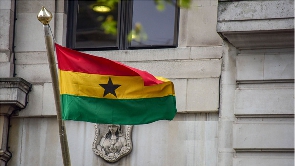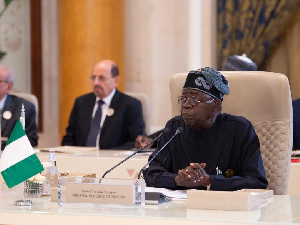The Ghana High Commission in London is among the highest debtors relative to the British capital's Congestion Charge regime.
Ghana ranked 8th on a tall list of diplomatic debtors with an accumulated sum of close to five million pounds according to documents available to GhanaWeb.
In a January 2024 report by Ianvisits.com, the list of outstanding congestion charge payments owed by overseas embassies based in London had hit £143 million, as of September 2023.
The charge is imposed by the Transport for London (TfL) agency which is under the office of the Mayor of London.
"The Congestion Charge is a £15 daily charge if you drive within the Congestion Charge zone 7:00-18:00 Monday-Friday and 12:00-18:00 Sat-Sun and bank holidays," the Mayor's website explained.
The Ianvisits.com report said of the debts: "Although the congestion charge is applied to road vehicles entering the congestion zone, many embassies argue that it’s not a charge but a tax, and embassies are exempt from paying domestic taxes under the terms of the 1961 Vienna Convention on Diplomatic Relations.
"Transport for London (TfL) disagrees and maintains a list of outstanding debts due on its website, that’s updated every six months.
"Part of the difficulty for TfL is that they can’t sue a diplomatic mission to recover the outstanding fees. Only the central government can trigger proceedings against international embassies, so TfL depends on the government to act on its behalf.
"According to a written statement from the Mayor of London, the Foreign and Commonwealth Office officials write to diplomatic missions and international organisations with large Congestion Charge debts annually to encourage payment," it added.
TWI NEWS
GhanaWeb is trying to reach out to the High Commission for their reaction.
Embassies have serially ignored letters encouraging compliance since the congestion charge was introduced in February 2003. But TfL continues to maintain the debt list every six months.
SARA
General News of Tuesday, 21 May 2024
Source: www.ghanaweb.com

















